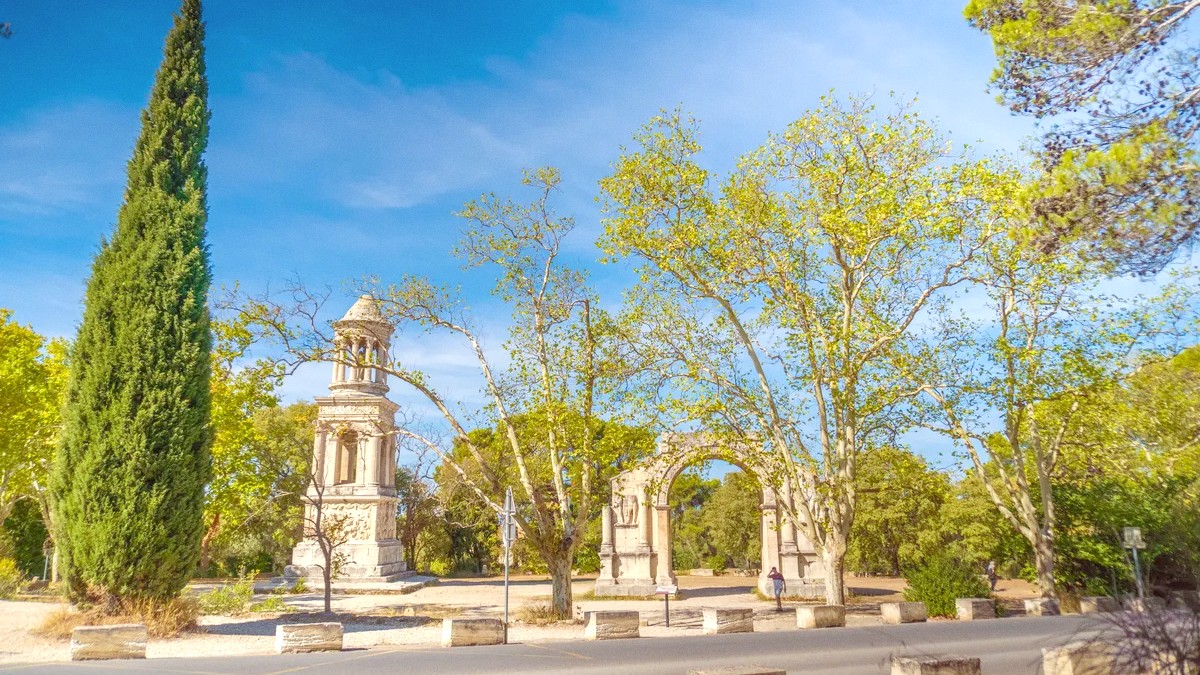
France
Lilleau des Niges Nature Reserve is a conservation area. Visitors must stay on marked paths to protect sensitive habitats and nesting birds. Respect all signage. Ancient salt production areas and coastal dunes are also protected for their ecological value. Avoid walking on dunes.
France has good recycling infrastructure. Look for separate bins for glass (often green/white), paper/cardboard (blue), and plastic/metal (yellow-lidded). Composting may be available at some accommodations. Minimize waste by choosing products with less packaging and disposing of waste properly.
Freshwater resources on islands are precious. Be mindful of water usage: take shorter showers, turn off the tap when brushing teeth, and report any leaks. Consider rail travel over short-haul flights to La Rochelle for a lower carbon footprint. If you fly, consider offsetting your flight emissions through reputable carbon offset programs like Terrapass.
Engage with the local culture respectfully, recognizing its value and traditions.
The distinctive architecture of Île de Ré, white-washed houses with blue or green shutters, is protected by local regulations.
Conscious photography respects local customs and individuals.
Buying directly from producers (sauniers, vignerons) at their farms or shops Supports local families and Businesses. Choose artisan crafts handmade on the island over mass-produced souvenirs. This sustains local artists and traditional skills.
The Rainforest Site supports conservationPrioritize independent shops, cafes, and restaurants over chain establishments to maintain village character and retain money within the local economy. Rent bikes from local rental shops. Ensure tours and activities respect local traditions, labor laws, and natural resources. Avoid activities exploiting animals or locals.
Your visit contributes positively when environmental awareness and cultural respect are at the forefront of your travels on Île de Ré.
Directly supporting the local economy helps the community flourish.
Choosing local vendors and establishments directly benefits island residents.
Ensure your spending practices are responsible and ethical.
Seek accommodations with recognized eco-labels, like "Clé Verte" (Green ) or "Ecolabel Européen." These labels point to a commitment to environmental practices (e.g., energy efficiency, waste reduction, water saving).
Prioritize local bike rental shops as your main mode of transport, limiting reliance on cars. Choose tour operators that highlight sustainable practices and show respect for nature.
Your spending directly sustains local families and businesses. This is a form of community-based tourism where your presence directly impacts local livelihoods.
Your choices as a traveler contribute to the well-being of Île de Ré's environment and community, fostering a respectful and mutually beneficial relationship.
Île de Ré has a commitment to preserving its unique ecosystems.
Responsible disposal and water usage are to environmental care.
Conscious travel choices can lower your environmental footprint.
Your lodging and activity choices can align with sustainability.
Conscious choices benefit the community.
Buy salt and wine directly from the producers (sauniers and vignerons) at their farms or shops. This ensures fair prices for producers and fresh ingredients for you.
Choose artisan crafts handmade on the island rather than mass-produced souvenirs. This sustains local artists and traditional skills.
Prioritize independent shops, cafes, and restaurants over chain establishments. This approach maintains the unique character of the villages and retains money within the local economy.
Ensure that any tours or activities you join respect local traditions, labor laws, and natural resources. Avoid activities that appear to exploit animals or local people.